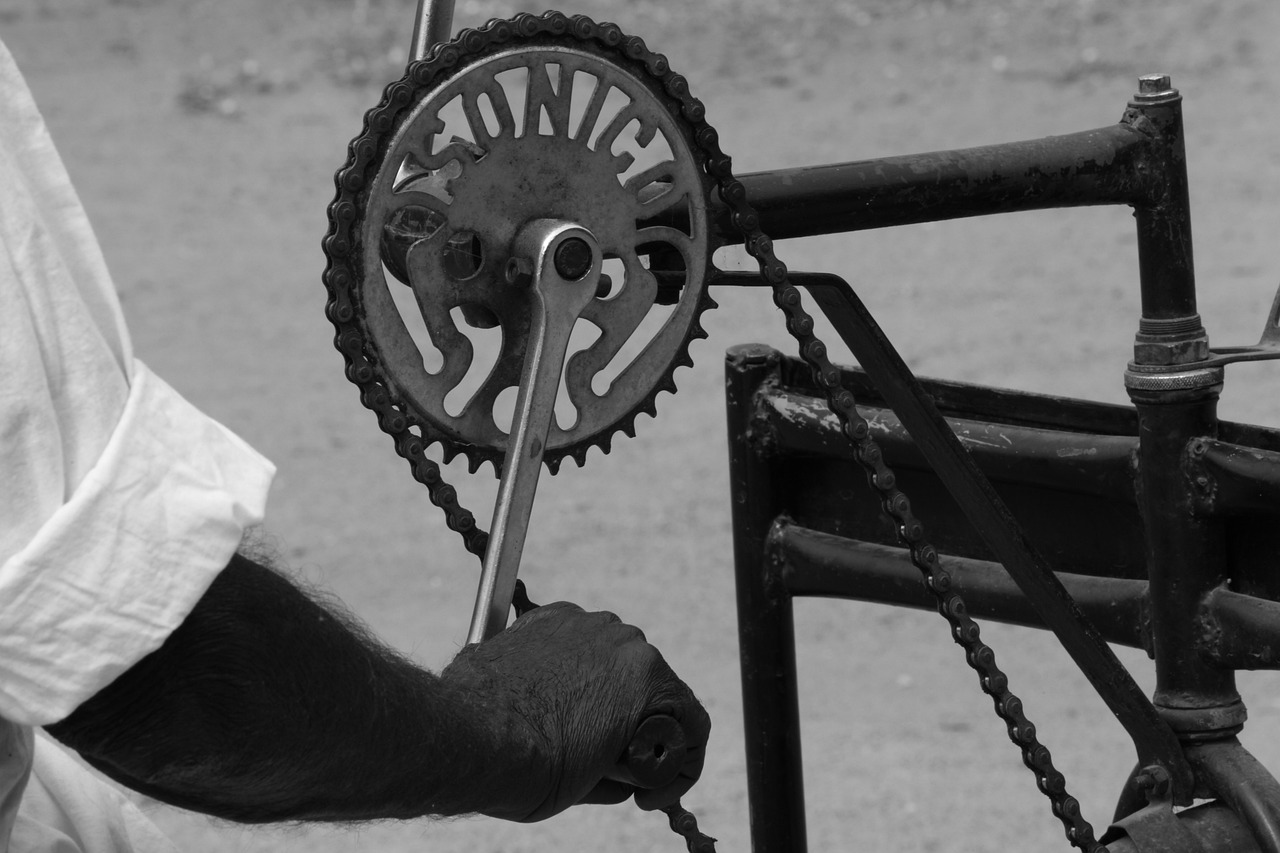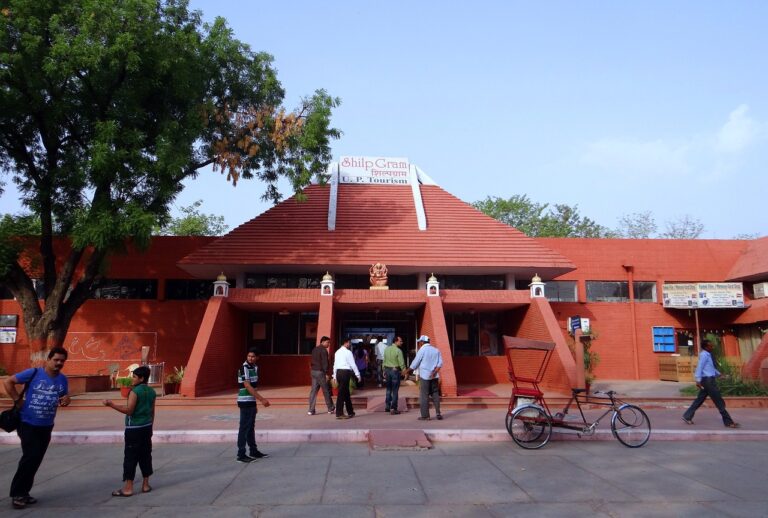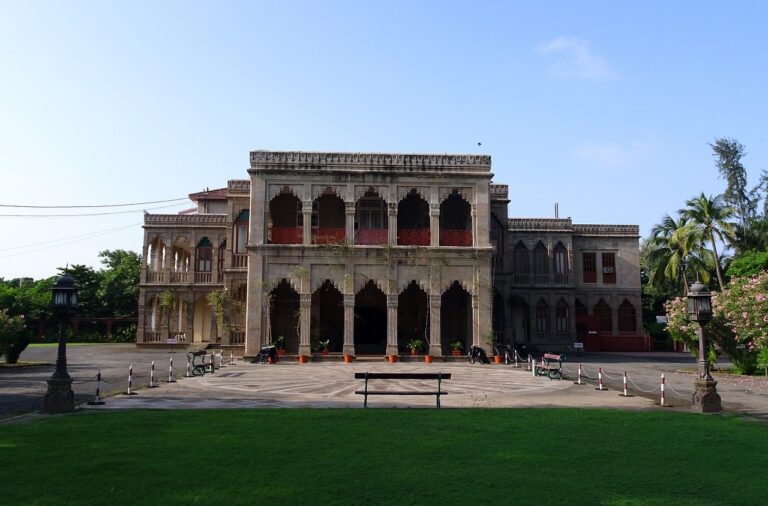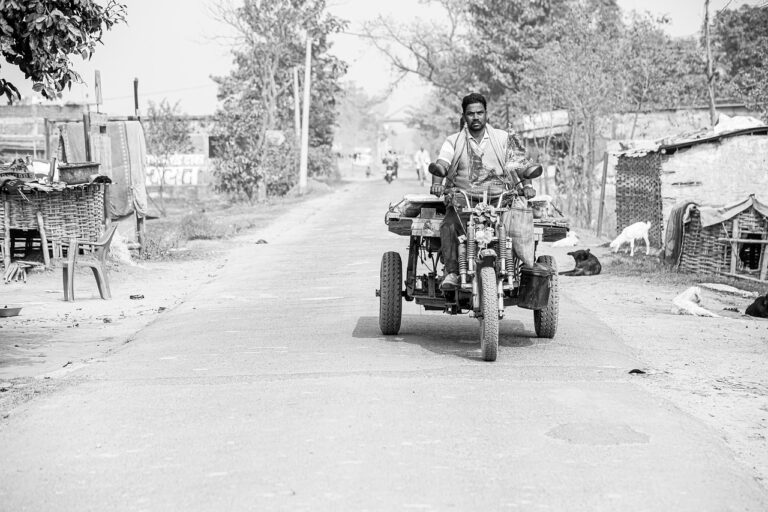The Impact of Canvassing on Candidate Name Recognition: 99exch.com login, Laser247 com, Yolo 24/7 login
99exch.com login, laser247 com, yolo 24/7 login: Canvassing and the Role of Field Organizers: Synergies and Challenges
Canvassing is a fundamental aspect of political campaigns, grassroots advocacy, and community organizing. It involves going door-to-door, making phone calls, and engaging with potential voters or supporters in-person to spread awareness about a candidate, cause, or issue. Field organizers play a crucial role in coordinating and executing successful canvassing efforts. In this article, we will explore the synergies between canvassing and the role of field organizers, as well as the challenges they face.
Building Relationships at the Grassroots Level
One of the primary objectives of canvassing is to build relationships with voters or supporters at the grassroots level. Field organizers work closely with volunteers to engage with community members, listen to their concerns, and educate them about the candidate or cause they are advocating for. By establishing personal connections and fostering trust, canvassers can effectively mobilize support and drive voter turnout on election day.
Targeting Key Demographic Groups
Field organizers play a critical role in strategizing and targeting key demographic groups during canvassing efforts. They analyze voter data, identify swing voters, and develop tailored messaging to appeal to specific constituencies. By understanding the unique needs and preferences of different demographics, field organizers can maximize the impact of their canvassing campaigns and persuade undecided voters to support their candidate or cause.
Training and Empowering Volunteers
Field organizers are responsible for recruiting, training, and empowering a team of volunteers to conduct canvassing activities effectively. They provide guidance on communication strategies, canvassing techniques, and data collection processes to ensure that volunteers are well-prepared and confident in engaging with voters. By investing in volunteer training and support, field organizers can build a strong grassroots network and amplify the reach of their canvassing efforts.
Coordinating Logistics and Resources
Canvassing requires careful coordination of logistics and resources to ensure the smooth execution of outreach efforts. Field organizers are tasked with organizing canvassing events, managing volunteer schedules, and distributing materials such as flyers, pamphlets, and door hangers. By maintaining clear communication channels and efficient resource allocation, field organizers can optimize the productivity of their canvassing teams and achieve their outreach goals effectively.
Measuring and Evaluating Impact
Field organizers play a key role in measuring and evaluating the impact of canvassing campaigns through data analysis and performance metrics. They track key performance indicators such as voter engagement rates, volunteer productivity, and campaign messaging effectiveness to assess the success of their outreach efforts. By leveraging data-driven insights, field organizers can make informed decisions, refine their strategies, and continuously improve the outcomes of their canvassing activities.
Overcoming Challenges and Adapting to Changing Dynamics
Despite the numerous benefits of canvassing and the role of field organizers, there are several challenges that they may encounter during their outreach efforts. From navigating diverse communities and engaging with skeptical voters to managing volunteer turnover and coping with unpredictable weather conditions, field organizers must be resilient, adaptable, and resourceful in overcoming obstacles and achieving their objectives. By embracing innovation, collaboration, and continuous learning, field organizers can address challenges effectively and drive positive change in their communities.
FAQs
Q: What is the difference between canvassing and phone banking?
A: Canvassing involves engaging with voters or supporters in-person through door-to-door outreach, while phone banking involves making phone calls to voters to relay campaign messages or solicit support. Both tactics are essential components of grassroots organizing and voter mobilization efforts.
Q: How can I get involved in canvassing activities?
A: You can get involved in canvassing activities by volunteering for a political campaign, joining a community organization, or participating in advocacy efforts. Reach out to local field organizers or campaign coordinators to learn more about opportunities to engage with voters and make a difference in your community.
Q: What skills are needed to be an effective field organizer?
A: Effective field organizers possess strong communication skills, organizational abilities, strategic thinking, and leadership qualities. They must be able to collaborate with diverse stakeholders, motivate volunteers, and drive results through data-driven decision-making and performance evaluation.
In conclusion, canvassing and the role of field organizers are essential components of successful political campaigns, grassroots advocacy, and community organizing efforts. By building relationships at the grassroots level, targeting key demographic groups, training and empowering volunteers, coordinating logistics and resources, measuring and evaluating impact, and overcoming challenges, field organizers can drive positive change and mobilize support for their candidate or cause effectively. By embracing innovation, collaboration, and continuous learning, field organizers can amplify the impact of their canvassing efforts and drive meaningful engagement with voters and supporters.







